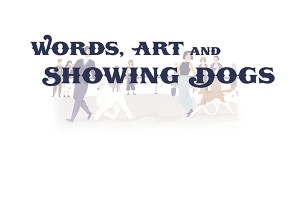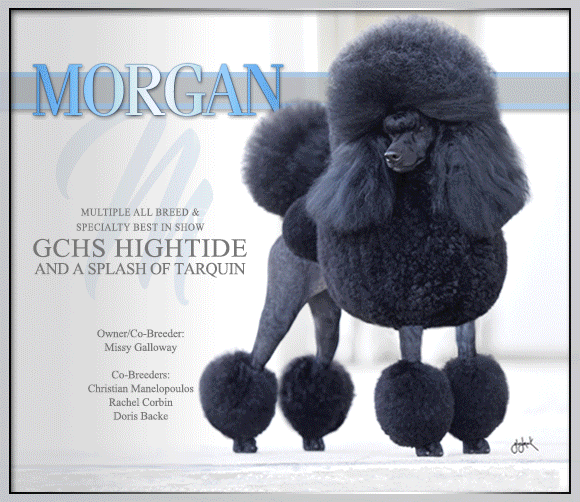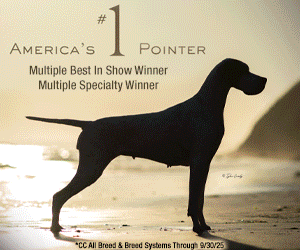Words, Art and Showing Dogs
Click here to read the complete article

By Sandy Weaver
Have you ever visited the National Gallery of Art in Washington DC? It has one of the world’s most impressive collections of art in all it’s forms. Describing the sculptures, paintings, mixed-media and graphic works with words is challenging and might inform you a little bit about the depth and breadth of the collection, but there’s nothing like actually seeing it in person. With paintings from the Old Masters straight through the Impressionist, Cubist and Modern Art movements, the walls, floors and even ceilings are covered with a wild variety of art.
Can you remember your first dog show? Were you astonished at the wild variety of dogs there, and at the sheer number of different breeds represented? And how many times did you think, as you watched the rings at your first show, “How on earth does the judge decide who the winner is?”
As you grew in your knowledge of dogs and conformation, and especially grew in your understanding of the breed you loved, you began to understand how judges could make their choices. You studied dogs and watched the judging process, maybe even taking notes about what each judge seemed to prefer so you’d know what to take them in the future.
Judging dogs is very much like creating art, and just as a roomful of artists, given the exact same tools, will create completely different pieces of art, a roomful of judges, given the exact same dogs, may very well make quite different choices.
And just as Cezanne, Rodin and Picasso wouldn’t be wrong in the artistic choices they made, judges aren’t wrong just because they chose differently than you might have.
They’ve simply taken words – the Standard – and created a different mental picture with it. As they judge, they compare the living beings in front of them with their mental picture, make the tradeoffs necessary to balance virtues and faults, and hand out the ribbons. Factored into their choices are probably the dragons they fought in their own breeding programs, including bad bites, big ears or low tail sets. This is a very human thing – when they’ve been focused on a problem and how to solve it for years, the problem stands out more for that judge, no matter the breed they’re judging.
Click here to read the complete article

Short URL: http://caninechronicle.com/?p=218138
Comments are closed











